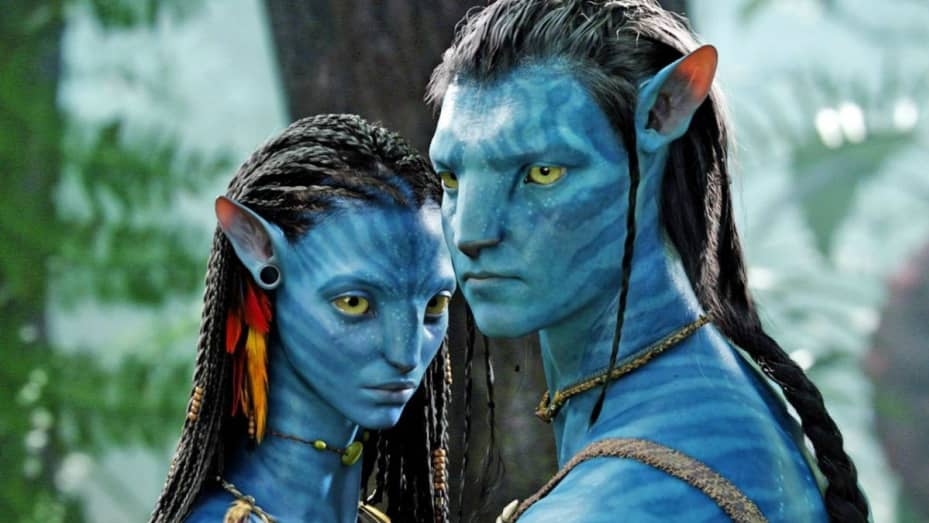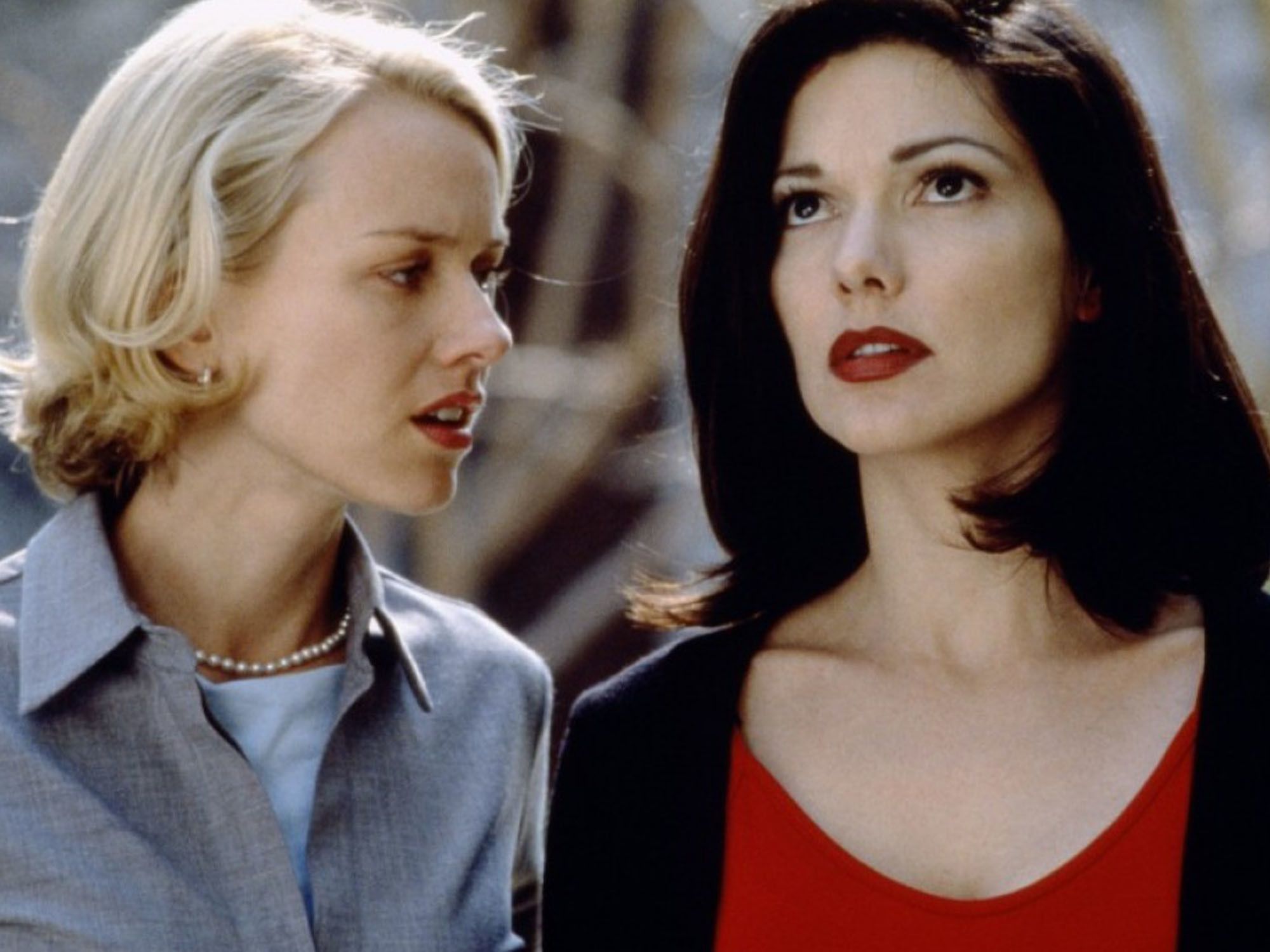MY CINEMATIC ROMANCE #25: BURT LANCASTER
Without planning it I watched a number of Burt Lancaster films over the last few months. It gave me a chance to reflect and re-evaluate this giant of the screen. I say “giant” because not only was Burt Stephen Lancaster physically a big guy, he also had a giant of an acting career. One which spanned fifty years in the business.
From his memorable first screen appearance in noir-classic The Killers (1946) to final performance in Field of Dreams (1989) he appeared in seventy films, as well as many television roles. Lancaster was a formidable actor, film star, producer and political activist. His fierce personality, intelligence and passion often explodes on the screen in so many classic films. But he was also capable of quiet and subtle power too. In keeping with the rules of the ‘My Cinematic Romance’ remit, here are just five of those said memorable acting performances.
** CONTAINS FILM SPOILERS **
SWEET SMELL OF SUCCESS (1957)
While this is not based around actual gangsters or career criminals you won’t find a bleaker or more cynical film noir. Morals are in short supply as Tony Curtis’ pushy press agent attempts to work his way up the greasy media pole in New York. His and many a character’s nemesis is Lancaster’s media kingpin, J.J. Hunsecker, who can make or break a career with the click of a finger. Hunsecker’s unhealthy obsession with his sister drives the downfall of all the characters where no one gets what they want. Lancaster is never afraid to play a flawed and complex personality. Razor-sharp dialogue and James Wong Howe’s stark photography, allied with Lancaster’s dominant presence, the Sweet Smell of Success (1957) is a striking morality tale warning of the perils of greed, fame and ambition.
ELMER GANTRY (1960)
Wow! I’d never seen this incendiary film adaptation of the Sinclair Lewis’s 1927 novel. Starring Lancaster, Jean Simmons, Arthur Kennedy, Shirley Jones and Patti Page, Lancaster is electric as the eponymous anti-hero. Gantry is a travelling salesmen-turned evangelist, who is down-on-his knees when he sees a golden opportunity to sell God instead of vacuum cleaners. Jean Simmons has never been better, but Lancaster delivers a devilishly complex characterisation of a man seeking wealth, sex, and adulation but without true belief. His firebrand sermons are powerful but without substance, and Gantry soon realises he cannot escape the emptiness of his soul. He preaches God without soul in a scathing damnation of organised religion set during the depression. Lancaster unsurprisingly won an Academy award for best actor in a risky role and intelligent film that rarely gets made these days.
BIRDMAN OF ALCATRAZ (1962)
I recall watching Birdman of Alcatraz (1962) when a teenager with my dad and being entranced by Burt Lancaster’s thoughtful, yet powerful performance of dangerous prisoner, turned ornithologist, Robert Stroud. Off-screen Lancaster rallied against the death penalty and argued for rehabilitation over eye-for-an-eye punishment. Thus, this story of a complex, rebellious personality who attempted personal absolution via education certainly would have had creative and thematic merit in Lancaster’s mind. From research the actual Robert Stroud was reported to be a brutal psychopath and beyond redemption. Yet, it’s a noteworthy film and stirring performance from Lancaster about a human paradox. Indeed, when did Hollywood ever let the truth get in the way of a great story. What is the truth anyway?
THE SWIMMER (1968)
Well, this was something of a surprise. I had never watched this adaptation of John Cheever’s short story, The Swimmer (1968) until I recorded it on Talking Pictures TV last month. At fifty-five, Lancaster is in incredible shape as middle-class American alpha-male, and seemingly popular, Ned Merrill. He decides one day he can “swim” across a series of Connecticut pools and back home to his wife and children. It’s certainly an original premise and peculiar take on the road movie subgenre. Merrill’s journey is peppered with both friendly and unenthusiastic meetings with his neighbours, friends and former lovers. Although it soon becomes apparent that something, despite his carefree confidence, isn’t quite right with Merrill. A progenitor to John Hamm’s Don Draper, Merrill is such a nuanced iceberg of a soul; charismatic yet with dubious ‘of-the-era’ morals. I think this could be Lancaster’s finest performance in a truly memorable masculinity-in-crisis cult character study. It’s an odd film, but worth staying with until the incredible ending.
ATLANTIC CITY (1980)
As he aged, Lancaster’s continued working with abandon. He wasn’t averse to taking a paycheck in B-movies such as The Cassandra Crossing (1977) and The Island of Dr Moreau (1979), but he also struck critical gold in Louis Malle’s romantic crime drama, Atlantic City (1980). Both Lancaster and Susan Sarandon are impressive. They have an intense chemistry in this ‘May to December’ love story, as two characters thrown together amidst the malfeasant underbelly of the gambler and gangster strewn ocean city. It’s a morally ambiguous, powerful and complex story of two characters fighting their way out of a dangerous place. Again, Lancaster proved he wasn’t fearful of taking risky roles, even in the latter stages of his career. Atlantic City (1980) would deservedly receive several Oscar nominations, including Lancaster for Best Actor.


































